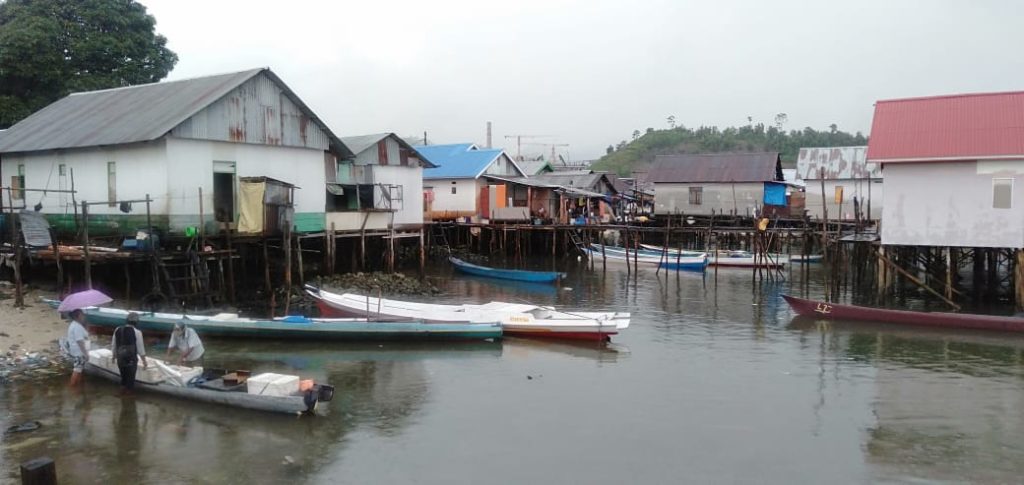|
Getting your Trinity Audio player ready...
|
The Indonesia Morowali Industrial Park (IMIP) is a sprawling, multi-facility nickel processing campus in Central Sulawesi. Tsinghsan Holding Group is the majority owner. IMIP is the largest nickel facility in Indonesia, which is the world’s top nickel producer. This nickel is used by battery makers who sell to automakers such as BMW, Ford, GM, Volkswagen, and Volvo. Reports from workers, advocacy organizations and news outlets document a pattern of unsafe conditions that have led to injuries, deaths, and environmental damage.
Dam Failures and Deadly Flooding
On March 16, the PT Huayue Nickel Cobalt tailings storage facility was breached, and liquified mine waste, or tailings, flowed into the Bahadopi River. The breach flooded IMIP facilities and the village of Labota with a wave of red water, putting the health of workers and 341 families at risk through exposure to heavy metals. On March 21, another tailings facility inside IMIP collapsed, killing three workers.

These tailings facilities store waste from the High-Pressure Acid Leach (HPAL) process, a method that consumes a significant amount of energy and generates substantial waste. For each ton of nickel, HPAL produces 120 tons of waste, known as tailings. The process converts low-grade nickel into mixed hydroxide precipitate, a key component for lithium-ion batteries, which are commonly used in electric vehicles, electronics, energy storage, and military applications.
These facilities all claim to use filtered tailings. This means that some of the water is removed from the tailings before they are placed in a dam. Filtered tailings can be a safer method of storing mine waste, but as evidenced by the tragedies at IMIP, heavy rains can dramatically increase their risks. Seismic activity is another factor that increases the risks associated with tailings, and IMIP is located on an active fault system. Strong earthquakes have repeatedly struck Morowali in recent years.
“The government must review the permit for the Tailings Storage Facility at IMIP. The landslide and flooding accidents demonstrated the very low safety and security benchmarks at the Tailings Storage Facility, posing a threat to residents, workers, and the environment.”
Yayasan Tanah Merdeka
Pollution Concerns
Initially, companies developing HPAL projects at IMIP planned to dispose of the toxic tailings into the ocean. However, the government of Indonesia announced that it would not issue permits for the outdated and harmful practice. Companies at IMIP, Harita Nickel’s Obi Island operation and the Indonesia Weda Bay Industrial Park shifted to storing the waste on land at filtered tailings facilities. The series of filtered tailings breaches at IMIP in March highlights a dangerous situation that is likely to worsen as mining operations across Indonesia generate or plan to develop hundreds of millions of tons of highly toxic and hazardous filtered tailings from HPAL.
Even with land-based tailings storage, pollution flows to the sea. Morowali waters lie within the biodiverse Coral Triangle, home to some of the world’s most highly concentrated—and highly endangered—coral reefs. The reefs supply habitat for several significant commercial and subsistence fisheries relied on by thousands of families. Studies have shown that the presence of increased nickel ore in the ocean can damage coral within just four days. Today, fishermen are already forced to go further offshore because their nearshore fishing grounds are polluted by contaminated runoff and wastewater from IMIP’s coal power plant.
